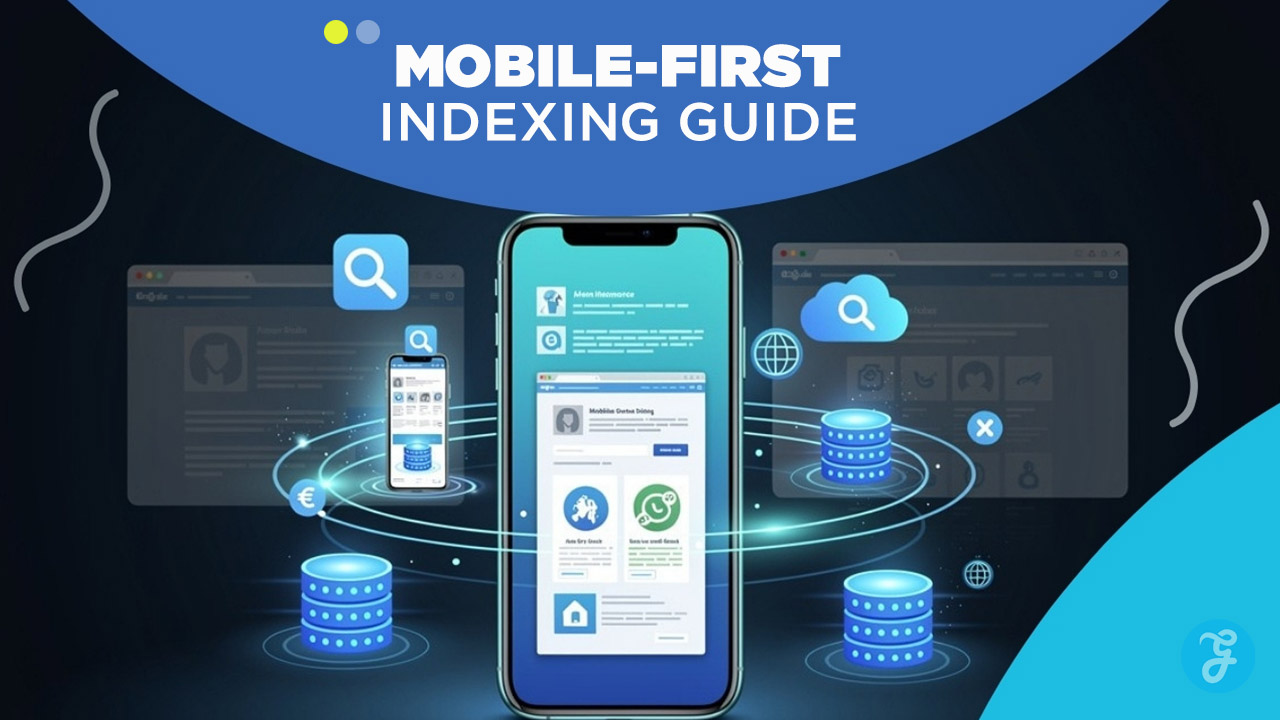A 685 credit score is often considered “good,” but it sits on the border of “very good” and “fair.” While it reflects responsible financial behavior, improving it can open doors to better financial opportunities, such as lower rates and more flexible loan terms.
If you’re wondering, is 685 credit score good? Let’s explore what this score represents and how you can work toward a healthier financial future.
Understanding a 685 Credit Score
A credit score of 685 falls within the FICO and VantageScore ranges of 670 to 739, which is classified as “good.” It means lenders view you as a relatively low-risk borrower. With this score, you’re likely to qualify for personal loans, auto loans, and credit cards. However, you may not receive the lowest rates, or the best rewards compared to those with scores of 740 and above.
If you’re asking yourself, is 685 credit score good? the answer depends on your financial goals. A higher score can unlock better rates, more flexible loan terms, and even exclusive credit offers.
What You Can Expect with a 685 Credit Score:
- Loan Approvals: Most lenders are willing to work with you, though some premium credit cards or loans may be out of reach.
- Rates: Your rates will be competitive, though they may not be the lowest options available
- Financial Flexibility: You’ll have access to credit, but you might face stricter terms or requirements.
Factors Affecting Your 685 Credit Score
Understanding what contributes to your score is key to improving it. Here are the main factors that influence a credit score:
- Payment History: This is the most critical factor, accounting for 35% of your score. Even one missed payment can significantly impact your score.
- Credit Utilization Ratio: Your credit utilization ratio indicates how much of your available credit you’re using. For the best impact on your score, aim to keep this ratio below 30%. This means using no more than $3,000 if you have a $10,000 credit limit.
- Credit History Length: The longer your credit history, the better your score. Consistently managing accounts over time builds trust with lenders.
- Credit Mix: A healthy combination of revolving credit (like credit cards) and installment loans (like auto or personal loans) demonstrates financial responsibility.
- New Credit Inquiries: Applying for multiple credit accounts in a short period can lower your score temporarily.
Tips to Improve Your Credit Score
If you want to move beyond a 685 credit score, here are actionable strategies to help you improve:
1. Pay Bills on Time, Every Time
Your payment history plays a significant role in shaping your credit score. To avoid missing deadlines, consider setting up automatic payments or calendar reminders. Missing even one payment can have a long-lasting negative effect on your score.
2. Lower Your Credit Utilization
Keep your credit card balances low relative to your credit limit. For example, if you have a $10,000 limit, aim to use less than $3,000 at any given time. Paying off balances in full each month is ideal.
3. Avoid Opening Too Many Accounts
Each hard inquiry from a loan or credit application can slightly lower your score. Space out your applications and only apply for credit when necessary.
4. Review Your Credit Report for Errors
Mistakes on your credit report can hold you back. Regularly check your report from major bureaus (Experian, TransUnion, Equifax) to spot and dispute errors.
5. Build a Long Credit History
If you’re new to credit, focus on maintaining long-standing accounts. Closing old accounts can shorten your credit history and lower your score.
How a Better Score Can Benefit You?
Improving your credit score can open up several financial doors:
- Lower Interest Rates: With a credit score of 740 or higher, you become eligible for some of the most competitive interest rates available on loans and credit cards. This can result in substantial savings over the life of your loan or credit account.
- Higher Credit Limits: Lenders may increase your credit limits, giving you more financial flexibility.
- Better Loan Terms: You’ll have access to loans with more favorable terms, including reduced fees and penalties.
For example, if you’re applying for a personal loan, a higher score could save you hundreds—even thousands—in interest over the loan term.
Smart Financial Habits to Maintain a Healthy Score
Achieving a higher credit score requires consistent effort. Here are some habits to adopt:
- Stick to a Budget: Track your income and expenses to ensure you’re living within your means.
- Build an Emergency Fund: Having savings for unexpected expenses can prevent you from relying on credit in emergencies.
- Use Credit Wisely: Only charge what you can afford to pay off in full each month.
When to Seek Professional Help?
If managing your credit feels overwhelming, consider working with a financial advisor or credit counselor. These professionals can provide tailored advice and strategies to improve your financial health.
Elevating Your 685 Credit Score to Excellence
A 685 credit score is a good starting point, but it’s not the final destination. With the right habits and strategies, you can improve your score and access better financial opportunities. If you’re still asking yourself, is 685 credit score good?, the answer is yes—but why settle for good when you can aim for excellent?







































